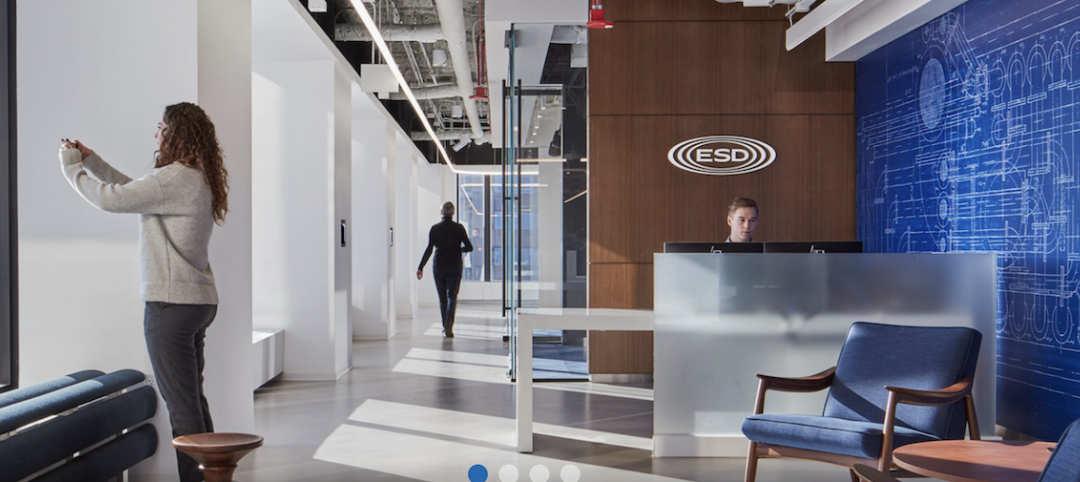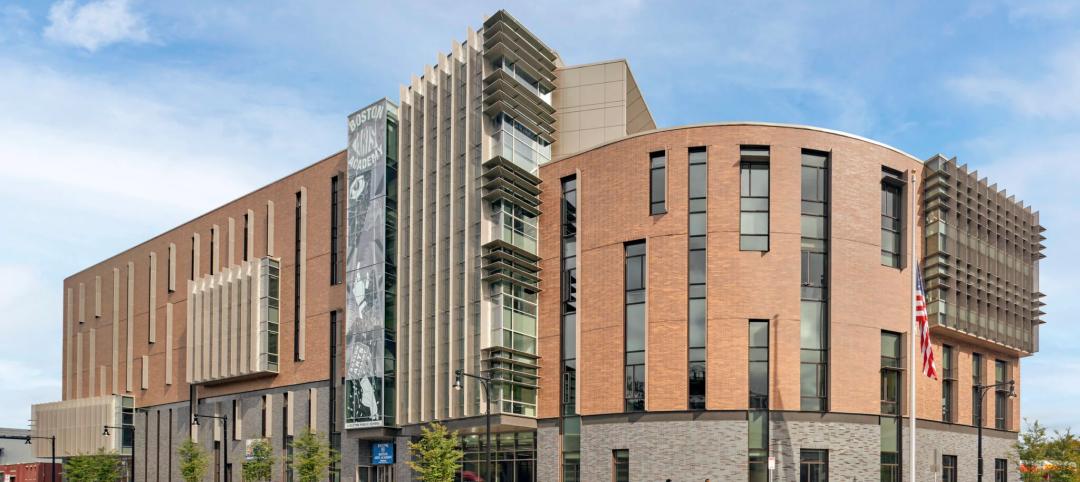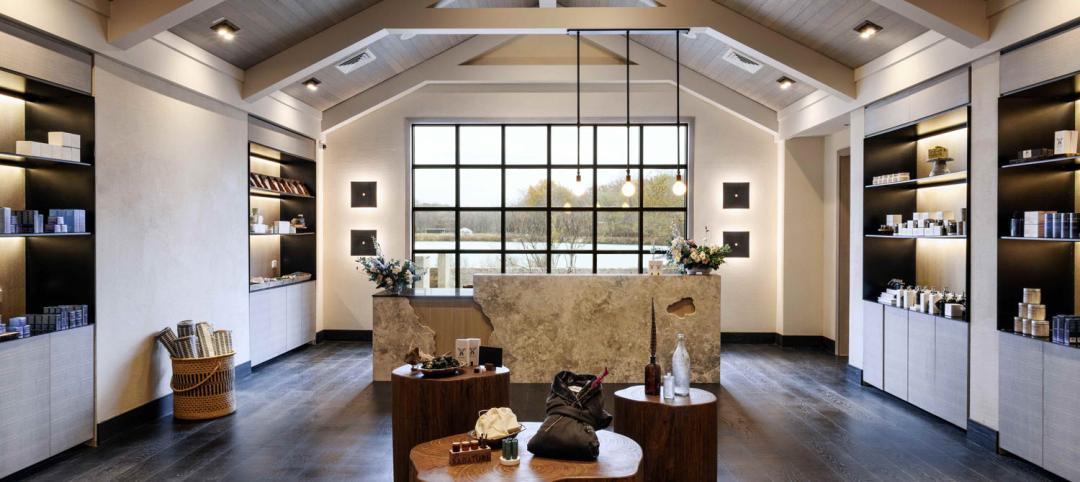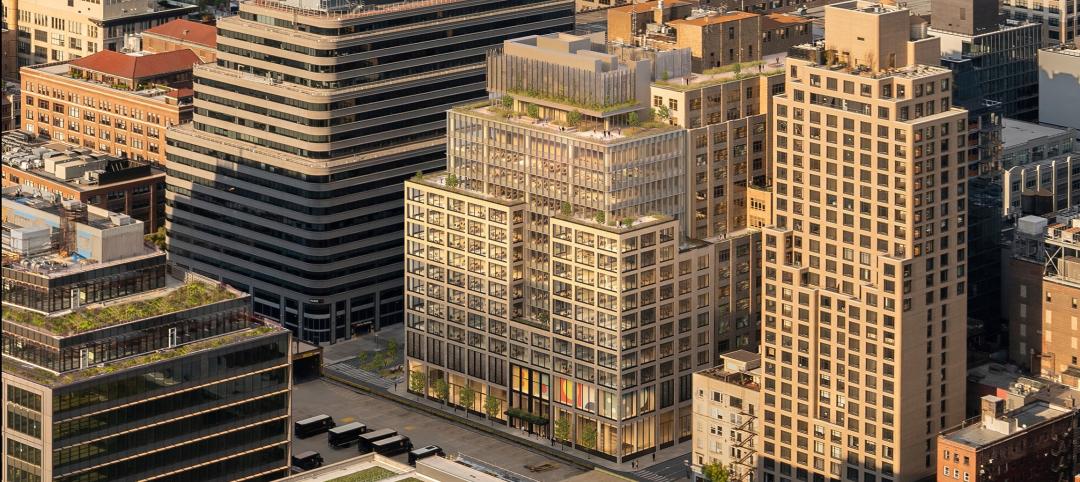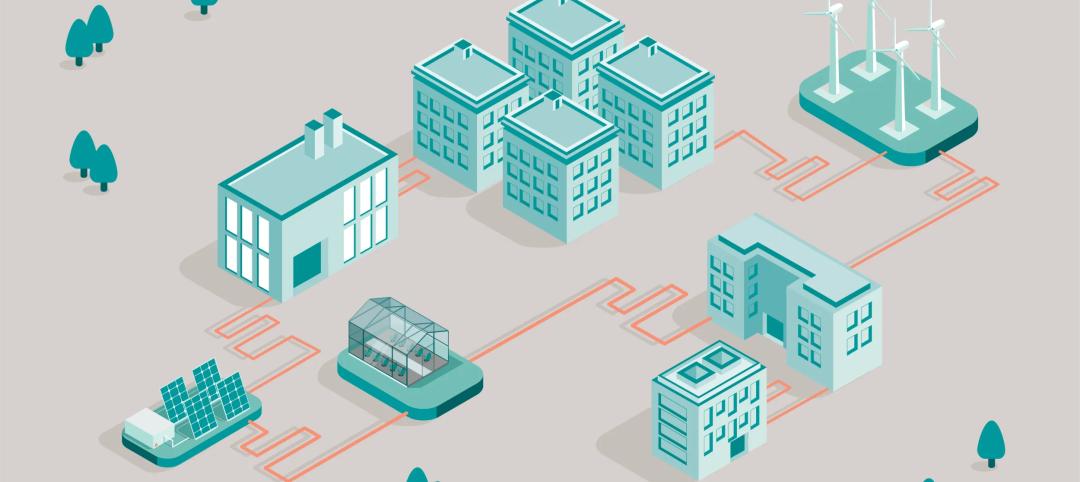With COP21 not far behind us and an election on the horizon, climate change and renewable energy continue to be front and center issues on the world stage. Conversely, while electricity rates across the country continue to increase, solar panels have become more affordable and viable than ever. Yet, at a time when green technology is expanding, one question still remains – why aren’t more commercial building professionals investing in clean energy projects?
Battling complex climates
Within the corporate climate, choosing when and how to go solar is a big decision for many companies. Solar installations require committed, experienced partners capable of providing a seamless process from conception to Operations and Maintenance. Unfortunately, more often than not, strong project support at the start diminishes down the line once a project is up and running, where it is needed to ensure a system’s long-term health. To take the first step, building officials and facility managers need assurance that they are working with a qualified company that will stand by their installation for years to come.
Environmentally speaking, a region’s climate can also be a major hurdle. Typically, a solar system’s central inverters are designed to protect against snow. A pioneer in the solar industry since 1975, Panasonic’s rich history of solar project development includes systems constructed in areas prone to heavy snow and aggressive winds. These extreme elements caused precipitation to enter into the central inverters, resulting in serious problems. The challenge here was sourcing and developing an inverter that could flourish in these harsh climates.
O&M in action
When it comes to complex climates, from a corporate or environmental perspective, the value of comprehensive O&M comes into play. With the full O&M package – NOC and maintenance services, operations and asset management, total system protection, expert technical guidance and guarantees – solar adopters are able to maximize return on investment, optimize system performance and minimize operating costs while controlling long-term costs. A full EPC vendor delivering O&M services for highest performance energy generation and ROI, Panasonic provides a sense of comprehensive quality assurance, all backed by an $11 billion balance sheet.
For those projects under the onslaught of severe weather, the Panasonic O&M team went to the source, conducting a root cause analysis with the inverter manufacturer. Working together, Panasonic and the inverter manufacturer identified the necessary design modifications, prototyped an innovative snow shield design, and deployed it as a retrofit
This is just one example of how Panasonic works with its industry-leading Engineering and Development teams of more than 100 employees across the country to ensure project success and keep each installation thriving. When an issue does arise, the Panasonic O&M planning and scheduling team dispatches a technician, optimizing their time onsite to ensure a fast, reliable and cost-effective solution is put into place. With these practices at hand, solar systems are set for success for decades to come.
To learn more about Panasonic O&M services, please visit www.panasonic.com/energysolutions.
Related Stories
Mechanical Systems | Jun 16, 2023
Cogeneration: An efficient, reliable, sustainable alternative to traditional power generation
Cogeneration is more efficient than traditional power generation, reduces carbon emissions, has high returns on the initial investment, improves reliability, and offers a platform for additional renewable resources and energy storage for a facility. But what is cogeneration? And is it suitable for all facilities?
Multifamily Housing | Jun 15, 2023
Alliance of Pittsburgh building owners slashes carbon emissions by 45%
The Pittsburgh 2030 District, an alliance of property owners in the Pittsburgh area, says that it has reduced carbon emissions by 44.8% below baseline. Begun in 2012 under the guidance of the Green Building Alliance (GBA), the Pittsburgh 2030 District encompasses more than 86 million sf of space within 556 buildings.
Resiliency | Jun 14, 2023
HUD offers $4.8 billion in funding for green and resilient building retrofit projects
The Department of Housing and Urban Development (HUD) recently released guidelines for its Green and Resilient Retrofit Program (GRRP) that has $4.8 billion for funding green projects.
Multifamily Housing | Jun 6, 2023
Minnesota expected to adopt building code that would cut energy use by 80%
Minnesota Gov. Tim Walz is expected to soon sign a bill that would change the state’s commercial building code so that new structures would use 80% less energy when compared to a 2004 baseline standard. The legislation aims for full implementation of the new code by 2036.
Energy-Efficient Design | Jun 5, 2023
Implementing an ‘asset drawdown strategy’ for site decarbonization
Solidifying a decarbonization plan via an “asset drawdown strategy” that carefully considers both capital and operating costs represents a game-changing opportunity for existing properties to compete with new projects.
K-12 Schools | May 25, 2023
From net zero to net positive in K-12 schools
Perkins Eastman’s pursuit of healthy, net positive schools goes beyond environmental health; it targets all who work, teach, and learn inside them.
Mass Timber | May 23, 2023
Luxury farm resort uses CLT framing and geothermal system to boost sustainability
Construction was recently completed on a 325-acre luxury farm resort in Franklin, Tenn., that is dedicated to agricultural innovation and sustainable, productive land use. With sustainability a key goal, The Inn and Spa at Southall was built with cross-laminated and heavy timber, and a geothermal variant refrigerant flow (VRF) heating and cooling system.
Office Buildings | May 15, 2023
Sixteen-story office tower will use 40% less energy than an average NYC office building
This month marks the completion of a new 16-story office tower that is being promoted as New York City’s most sustainable office structure. That boast is backed by an innovative HVAC system that features geothermal wells, dedicated outdoor air system (DOAS) units, radiant heating and cooling, and a sophisticated control system to ensure that the elements work optimally together.
Sustainability | May 11, 2023
Let's build toward a circular economy
Eric Corey Freed, Director of Sustainability, CannonDesign, discusses the values of well-designed, regenerative buildings.
Headquarters | May 9, 2023
New Wells Fargo development in Texas will be bank’s first net-positive campus
A new Wells Fargo development in the Dallas metroplex will be the national bank’s first net-positive campus, expected to generate more energy than it uses. The 850,000-sf project on 22 acres will generate power from solar panels and provide electric vehicle charging stations.






